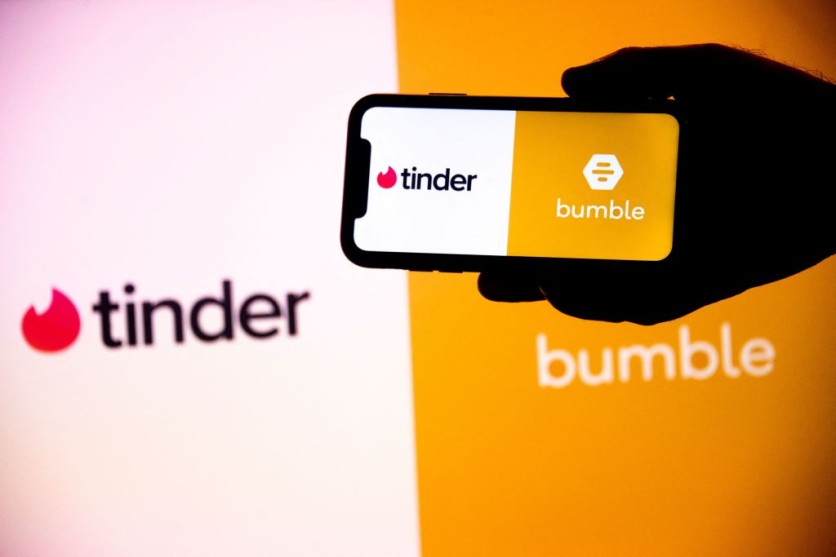Swiping right on dating apps may not always be so right. According to Tech Xplore, researchers from Carnegie Mellon University and the University of Washington claim to have found an inherent bias in the algorithms employed by online dating platforms.
The study reveals that these algorithms tend to favor more popular and attractive users over their less popular and less attractive counterparts.

Popularity Bias in Dating Apps?
Examining data from over 240,000 users in a major Asian online dating platform spanning three months, the researchers observed a notable correlation between a user's average attractiveness score and their likelihood of being recommended by the platform's algorithm.
This discovery indicates that this platform prefers to suggest users who are deemed more popular or attractive. Soo-Haeng Cho, IBM Professor of Operations Management and Strategy at Carnegie Mellon's Tepper School of Business and co-author of the study, commented on the rapid growth of online dating, particularly during the COVID-19 pandemic.
"Even though dating platforms allow users to connect with others, questions regarding fairness in their recommendation algorithms remain," Cho said in a statement.
While users join these platforms in pursuit of meaningful matches, the platforms themselves aim to generate revenue through various means, such as ads, subscriptions, and in-app purchases.
Consequently, dating apps may prioritize keeping users engaged rather than maximizing their chances of finding an ideal match, according to the study.
Favoring Popular Dating Apps' Users
The researchers constructed a model to analyze the incentives for platforms to favor popular users when seeking to maximize revenue or matches.
Using unbiased recommendations as a benchmark for fairness, wherein popular and unpopular users have equal chances of being recommended, the researchers explored the implications for popular and unpopular users' matching probabilities.
Their analysis revealed that unbiased recommendations led to lower revenue and fewer matches for the dating platform. Popular users contribute to increased engagement and more successful matches, making them essential for revenue generation.
The study suggests that a platform's focus on maximizing revenue may increase popularity bias, especially as the platform matures.
Musa Eren Celdir, the lead researcher and former PhD student at Carnegie Mellon's Tepper School of Business, emphasized the potential of online dating platforms to enhance revenue and users' chances of finding partners.
Platforms can leverage the study's insights to comprehend user behavior and refine recommendation systems.
"Our findings suggest that an online dating platform can increase revenue and users' chances of finding dating partners simultaneously. These platforms can use our results to understand user behavior and they can use our model to improve their recommendation systems," Celdir noted.
The team's findings were published in the Manufacturing & Service Operations Management journal.
Related Article : No 'Swipe Night' Yet? Tinder Cancels International Release of Apocalyptic Original Series Due to Coronavirus

ⓒ 2026 TECHTIMES.com All rights reserved. Do not reproduce without permission.




